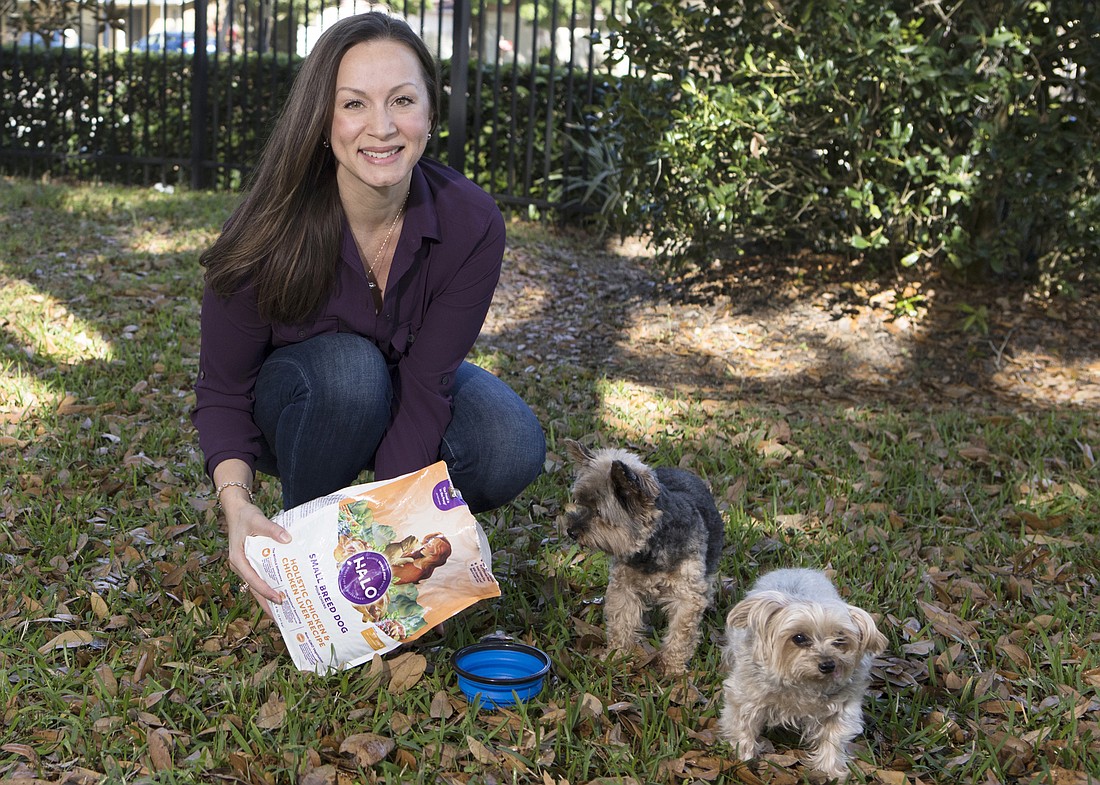- December 16, 2025
-
-
Loading

Loading

Statistics suggest in the pet food industry, if a company gets a customer to buy three bags of food in three months, the loyalty rate — the likelihood they’ll stick with the brand — is about 80%, says Better Choice Co. CEO Scott Lerner.
“It’s pretty rare for people to switch,” Lerner says. “That’s an opportunity. If you gain a consumer, you can keep them a long time. The challenge is to get people when they need to switch.” Pet owners, he says, typically consider changing their pet’s food at a few inflection points, such as when they get a new dog, have dietary issues or other medical issues. “Other than that," he says, "it’s tough."